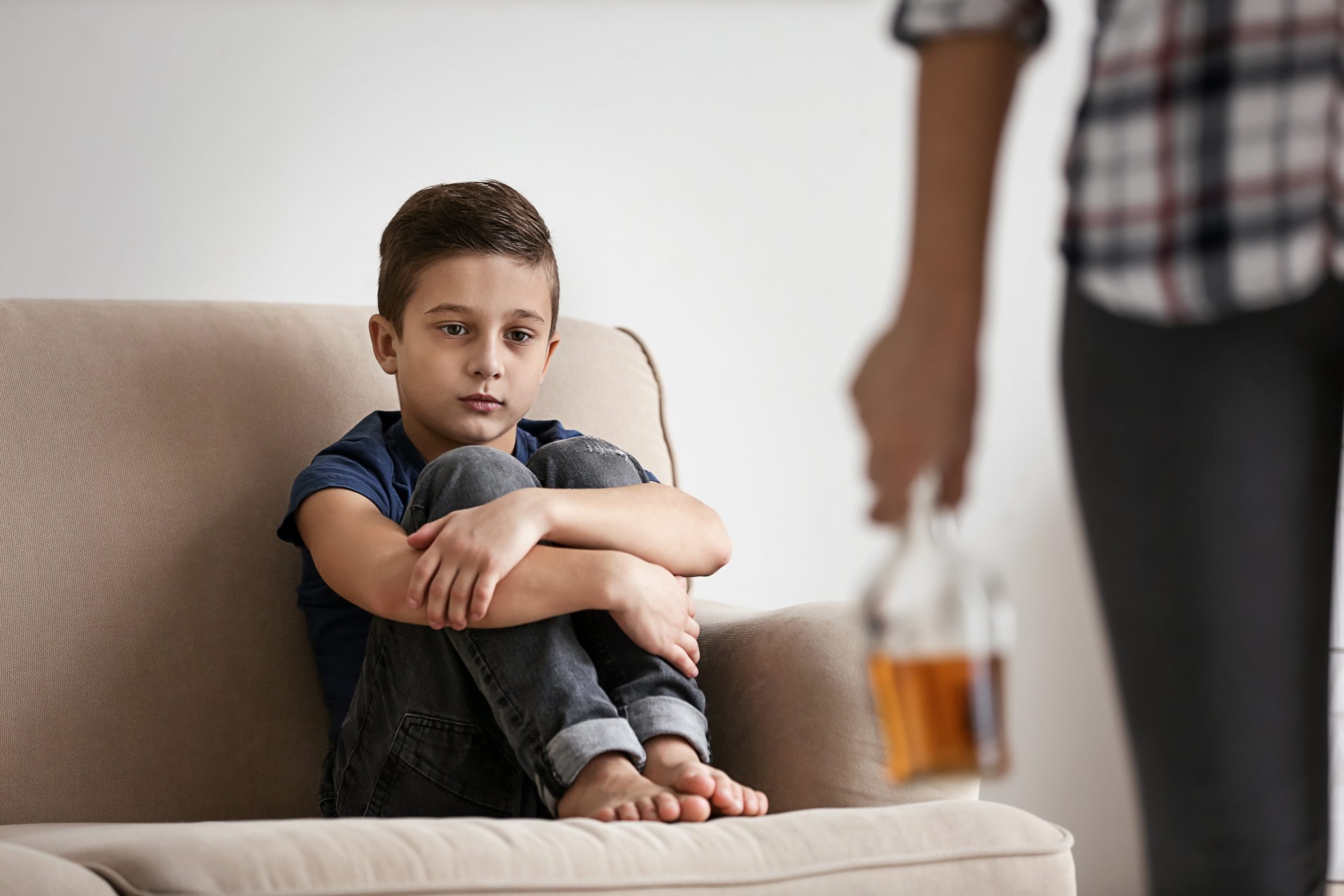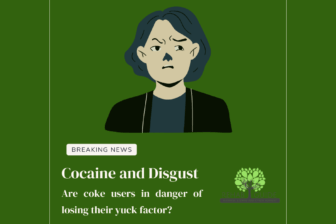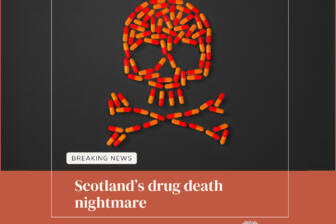Children Fear Their Drunken Parents
Alcoholism – Effects on a child
Back in 2010, a study by Childwise for BBC Newsround found that a significant amount of children who have parents who drink alcohol were affected by that drinking behaviour. Nearly a third of UK children felt scared when they saw adults drunk or drinking too much.
When a family suffers from the disease of alcoholism, it is the children in the family that suffer the most. These children of alcoholics carry scars from those years of living in a dysfunctional family, and many of them don’t even realize the depth of their pain.
For many years, it was believed that children of alcoholics were not affected by the alcoholism of a parent. But we know now that parental alcohol misuse and child development and the reaction of the non-alcoholic parent have profound consequences on children’s development.
Alcoholism is a disease of the mind, the body, and the spirit. It acts like a contagious disease in that it affects not only the alcohol-dependent but also anyone who lives or works closely with him or her. This means that if your parents are alcoholics, their disease is affecting you.
How Can Alcoholic Parents Affect a Child?
Children of alcoholics can often:
- Feel afraid, lonely, confused and rejected
- Feel different from their friends
- Have difficulty with intimate relationships
- Feel trapped, depressed, and alone
- Feel embarrassed by their parent’s behaviour
- Be frightened of angry people
- Easily hurt by what others say and feel
- Feel angry and resentful
- Become alcoholics, marry them, or both
- Laugh and clown around to cover their shame
- Feel that they are out of control
- Are guarded and suffer from low esteem
- Constantly on guard
- Experience role reversal, assuming the task of parenting their parents
- May develop a strong need for self-reliance
- Come to believe that the way to make it in the world is not to ever trust or rely on anyone.
Most children of alcoholics have many experiences held in common. They can recall the painful memories of a holiday ruined by drinking or the agonizing compulsory ritual of dinnertime. Held captive at the table, children are both witness and victim to the nightly drama of alcoholism.
Advice for children of alcoholic parents
Living with an alcoholic parent means being dominated by the presence of alcoholism and its denial. Maintaining this secret—the reality of alcoholism-while denying it at the same time becomes the central focus around which the family is organized.
Your parents may give you a hard time. They may embarrass you. They may act stupid. They may run over your feelings until you wonder if you have any left. But they’re still your parents. Treat them with respect and dignity—for your sake as well as theirs.
Find someone to talk to. Someone you trust. A friend or a counsellor. Permit yourself to open up to someone who can listen and give you the support you need.
Traits of adult children of alcoholic parents
Approximately 1 in 5 children in the UK are affected by their parents’ drinking and are growing up in homes where one or both parents abuse alcohol or other drugs. You’re part of a BIG crowd. That may not help you feel better, but it should help you feel less isolated and different from everyone else.
Does someone you love to drink too much? Are you starting to think that you have parents with alcohol problems? You might want to take our short assessment quiz that can help you to come closer to the truth.
What to do when you have an alcoholic parent
Like many thousands of adults, you may be breaking your denial of parental alcoholism and beginning your own process of recovery. No doubt, you’ve got many questions.
Where should I go for help? Should I go to Al-Anon? Should I seek professional treatment and, if so, what kind?
There are no quick and easy answers to these or any of the other questions you may have because recovery is an individual process.
The National Association of Children of Alcoholics (NACOA) was formed in 1990, and the foundation was started to provide support for research, education and public awareness.
- To offer information, advice and support to adult children of alcohol-dependent parents
- To reach professionals who work with them
- To raise their profile in the public consciousness
- To promote research into:
- The particular problems they face
- The prevention of alcoholism developing in this vulnerable group
NACOA self-help groups affiliated with Al-Anon are now available all over the country. Large and small, these groups offer support and education through the sharing of personal experience. There is also a wide range of treatment options counselling for individuals, couples and families. Many books are also available, outlining the childhood reality and the path to recovery.
If you or a loved one are struggling with substance use or addiction, contact Rehab Guide on our free helpline 02072052845 for information advice, treatment facilities in your area and support for everyone affected by their parent’s drinking.





